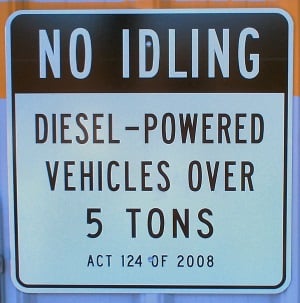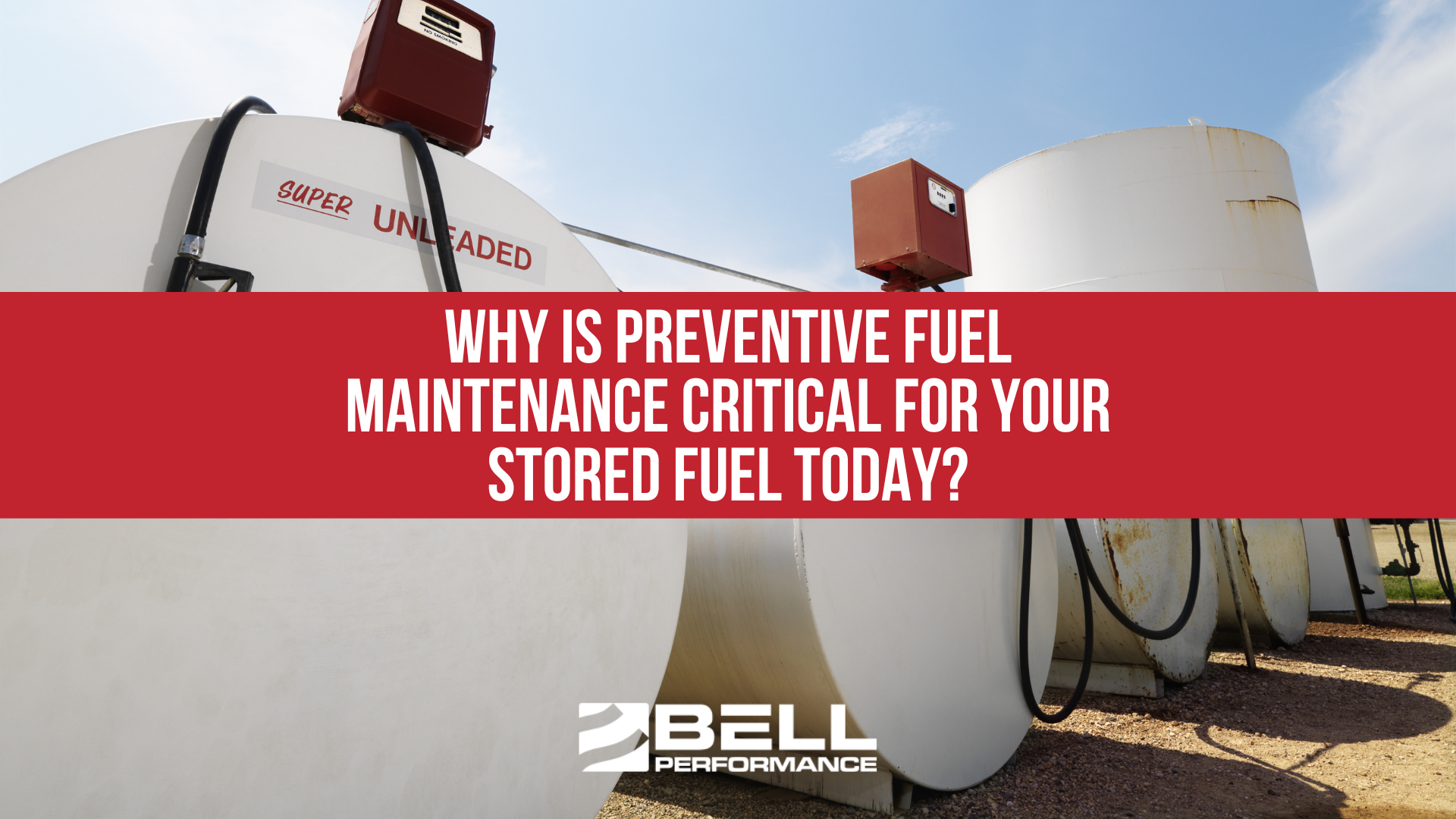Why Is Preventive Fuel Maintenance Critical for Your Stored Fuel Today?
The concept of preventive maintenance isn't new—we see it everywhere in our daily lives. You change your car's oil before it breaks down. You...

No business makes decisions in a vacuum. Context is everything. Decisions to spend money within the organization are (or should be) based on the extent to which that purchase will move the business closer to its goals. Now, if you're talking about buying paper clips, that's not a hard decision to ponder. Other purchases come under greater scrutiny.
Fuel is a substantial line item for many businesses. So it follows that fuel treatment would be looked at more closely than paper clips. And the number crunchers in accounting always want to know, Is it worth it? Can the expense be justified? Are fuel additives worth it?
The answer to that question is, it depends. "Worth it" really means, are the benefits we're getting worth more than what it's costing us? And not just do the benefits exceed the costs, but do they exceed the costs by enough? After all, you wouldn't invest a hundred dollars in a stock just to get $101 back a year later. The amount you gain needs to make it worthwhile for you to take the time and the inherent risk of buying it.
So the answer to the question relies upon being able to accurately assess the value of the benefit you're getting. That's why "better gas mileage" resonates with consumers, both personal and business. Fuel mileage is a metric that's tracked by everybody. And improving your gas mileage brings a quantifiable result that makes anyone feel good.
Fuel stabilizers, biocides, sludge dispersants. These are the fuel treatments to consider for stored fuel. In order to judge whether they are worth using, you have to know the value of what they purport to do and what the benefit is going to look like for you and your business.
Stabilizers make fuel last longer in storage by stopping the chemical reactions that darken and stratify the fuel and destroy its quality over time. They shouldn't cost that much to use, maybe a few cents per gallon to treat. Compare that to the value of the benefit. If fuel can last for, say, 8 months in storage, and using a stabilizer doubles that, you've got the value of that extra time. More specifically, the value of knowing that the fuel is going to be usable in that extra time period to do what you need it to do. If it is fuel that powers some kind of critical use system (like an emergency generator), that value suddenly goes way up.
Consider also that a significant portion of "value" comes in the ability to avoid cost. In this case, it's bypassing the costs incurred when you call upon that fuel to do something, and it's unable to perform. Every business should have a handle on what those potential costs are. In all likelihood, it's much higher than the cost of the stabilizer. And so fuel stabilizers become "worth it" to use.
The value of a sludge dispersant comes in being able to take the sludge drop out and make it burnable. This increases the value of the fuel because you get more work out of it. Before the dispersant, the sludge (which used to be part of the fuel) was sitting on the bottom of the tank in an unusable form. A sludge dispersant (like Bell SDF) cleans the storage tank and makes the sludge burnable. Whether this makes it worth it to use depends on the amount of sludge in the tank and the cost of fuel. But given the fact that the sludge dispersants have very low treat rates (between 1:10000 and 1:20000 or more), the costs to use are very likely much lower than the value of the benefits imparted. Especially if the dispersant also does other things like protect tank surfaces from corrosion (like Bell SDF does). So, sludge dispersants become "worth it" to use.
Last but not least, biocides. Biocides play an important and beneficial role in that they are the only solution to clear up a microbial contamination in a storage tank. What are the costs of such a contamination? Microbes in fuel destroy its quality, cause corrosion, and form sludge and biomass that interfere with the operation of whatever is using the fuel. If you have to polish the fuel, it would cost at least 50 cents per gallon to do so, plus you'd have to pay for the use of a biocide at that time anyway. The cost of repairing corrosive damage to a fuel delivery system can run into the thousands. If the contamination is bad enough (i.e., you don't take action), you'd have to eat the entire cost of replacing the fuel itself. The least of the costs would be the excess filters used as the active microbes plug them and cause them to be replaced. When you balance these potentially massive costs, biocides definitely become worth it.

The concept of preventive maintenance isn't new—we see it everywhere in our daily lives. You change your car's oil before it breaks down. You...
One of our most popular webinars from the past dealt with such an important issue - Diesel Fuel Storage Tank Corrosion - that we thought it was...
In its report released in 2016, the EPA reminded us that there are over 100,000 diesel fuel storage tanks across the country. That’s a lot of tanks...